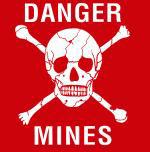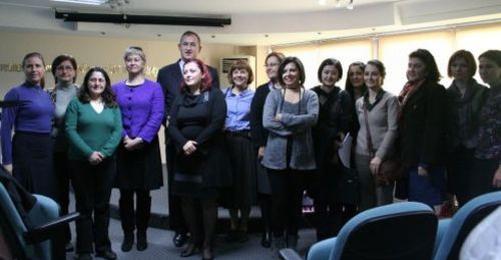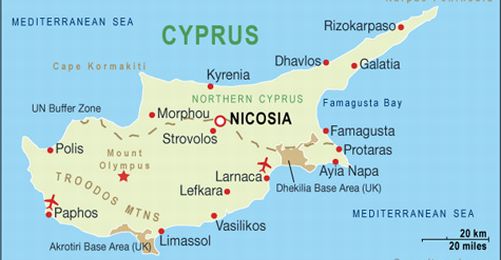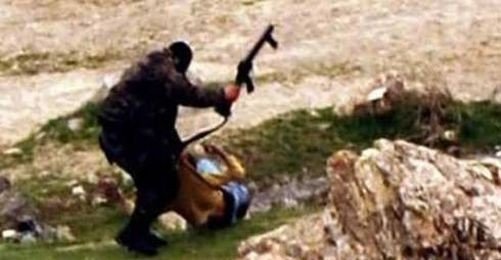In 2005, 68 people died and 152 were injured because of landmines. Last year, says the Landmine Monitor Report 2007, 18 people died and 55 were injured, which represents "significantly fewer casualties".
"There are many people like me"
Muteber Ögreten, coordinator of the Initiative for a Turkey without Mines, told bianet that a press briefing in parliament on landmines was held by MPs Abdurrahman Kurt, Mehmet Emin Ekmen and Akin Birdal. The briefing was joined by 14-year-old student Mehmet Nesim Öner, who lost an arm and an eye in a mine explosion in Diyarbakir in 2004.
Öner went to a school for the visually impaired and says he has difficulties taking notes and reading. He called for suitable education and rehabilitation facilities for mine victims. He said, "This is my story, but I know there are many people like me in this country."
The most recent Landmine Monitor report covers the period from May 2006 to May 2007:
- Turkey has destroyed 94,111 stocked mines. There are 983,166 mines left, but it was also said that not all numbers had been reported.
- The Turkish government has said that the PKK continues to use antipersonnel mines. In July 2006 Geneva Call reported that the PKK signed its Deed of Commitment renouncing antipersonnel mines.
- Turkey prepared a mine action plan in June 2007, according to which it aims at clearing all emplaced land mines by 2014.
- There has been improvement in the data collection on land mine casualties by NGOs.
The report further says, "The Republic of Turkey acceded to the Mine Ban Treaty on 25 September 2003 and the treaty entered into force on 1 March 2004. Turkey has not enacted domestic implementation legislation, but has indicated that its constitution, criminal code and directives of the army general staff give legal effect to the treaty’s provisions."
Turkey has called for its neighbouring countries to sign the treaty, too. It also protested against the fact that the PKK had been allowed to sign the Geneva Call Deed of Commitment without Turkey being informed. (EÜ/AG)












